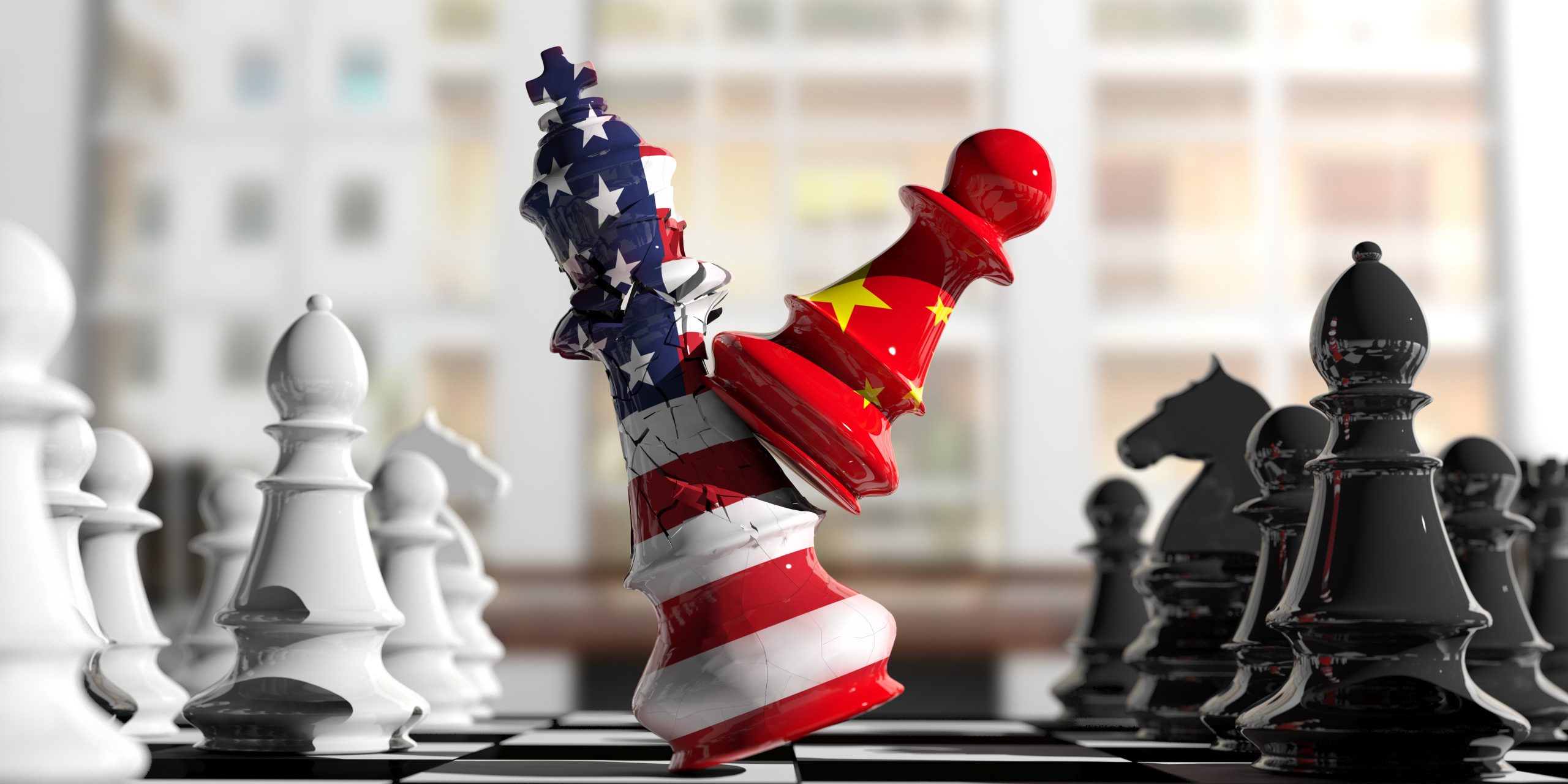America’s Allies are Being Suborned by China

Over the past year, the West has been forced to consider the purpose of history. Why, exactly, should we celebrate, or even preserve, the statues of flawed men; slavers, statesmen and sociopaths who have been immortalized in bronze? The answer to this question is that it’s useful to understand our patronage: at the risk of repeating a cliché, those nations who forget their past will automatically forfeit their future.
By accepting this we are forced to consider an even more salient point. If racism and exploitation were the great sins of our ancestors, what then will make our own generation blush? Ask a conservative this question and they will say something entirely frivolous about the culture wars. A lefty, on the other hand, will be equally dull; inevitably pointing to inequality or, worse still, President Trump’s libido.
While we were distracted by this squabbling, the greatest test of our generation was ignored. As college-educated activists declared America to be a systematically racist country, a Chinese regime was constructed whose odiousness was matched only by its ambition; a communist dictatorship who has suffered almost no repercussions from the ethnic cleansing of over a million Muslims; who observe and grade their citizens on their behavior; who view our democracy and our culture with spiteful contempt.
As the presidential election grinds to a finish, Americans would do well to survey how Beijing’s apparatchiks have bullied your allies. Australia—either through geographical proximity or institutional tiredness—has borne the brunt of this. So frustrated was Prime Minister Scott Morrison with China’s repeated infractions that he declared that war between the United States and China was “no longer inconceivable.” Reading between the diplomatic jargon, Morrison was practically calling his allies to arms.
Australia’s leaders, at the very least, understand the significance of China’s ambition. In my adopted country of Canada, Justin Trudeau’s government has been comatose; prancing around the issue while his citizens were imprisoned and the rule of law undermined. Despite all this, Canada’s feeble foreign minister—standing at a commanding 5’6 in heels—still turns pale when he is asked to mention Taiwan. Perhaps this makes a bit more sense when you discover that the minister’s top advisor on Asian matters is considered an asset by the Chinese state-owned Huawei. Nothing to see here, folks!
Whether it be through cowardice or coercion, Canada’s rolling-over for China is never more overt than through Trudeau’s Health Minister. When American intelligence suggested that China had been forging their coronavirus data, the Health Minister dismissed this, saying, “there’s no indication the data that came out of China was falsified in any way.” After this, she doubled-down; accusing a journalist of spreading “conspiracy theories” for asking a similar question.
A seven-hour flight across the Atlantic will show that the United Kingdom has suffered similar infiltration. As you Americans may be aware, the British are rather romantic about their “special relationship” with your presidents. This, however, is all an attempt to disguise the fact that being an ally to the United States is quite like being in an Ottoman’s harem: you may think you are special, but the great emperor always seems more attracted to the German blonde or the sullen, French brunette.
All this has led Britain to actively court Chinese investment like no other European country. The old Conservative Chancellor of the Exchequer George Osbourne—who is almost a caricature of what Brexit-voting Britain hates most about their elites—told the country in a fawning op-ed that “we should embrace China.” Perhaps Osborne’s brown nose was evidence of the warm “embrace” he had in mind, as the UK went on to accept billions of pounds in investment towards sensitive infrastructure. Five years later, this investment is used as leverage against any hawkish foreign policy.
So what then has America done about all this? On the campaign trail, both Biden and Trump competed over who could keep Xi Jinping up at night, but the president’s “America First” strategy has failed, quite naturally, to contain Chinese influence; leaving a vacuum that Beijing then fills. Pulling out of the TPP, for instance, only allowed China to form a new trade deal with Beijing’s priorities at the centre; tariffs that America threw at China were ignored by simply assembling their products in countries like Vietnam: a trick as old as trade itself.
An article like this really ought to end with a glimmer of hope. There should be something that we can do. Unfortunately, there isn’t. Plenty of better men with spectacles and striped lapels have confronted this issue, and yet China’s rise has been vertiginous. What can we as citizens of the west actually do to prevent this rising tide?
In the 1940s, students across America protested your nation’s intervention in Nazi Germany. Somewhat naturally, we rarely think about this; but a significant portion of the American public resisted, even deplored, the fight against the greatest evil of that generation. Some 80 years later, the American public is again watching their allies suffer at the hands of a fascist autocracy. The real people on the wrong side of history will not be those who wish to protect statues, but those who did nothing but watch as the Chinese Empire flexed its drowsy, despotic limbs.
Nico Johnson is the political editor at The Post Millennial. Originally from the UK, Nico now lives and works in Montreal, Quebec.
Comments